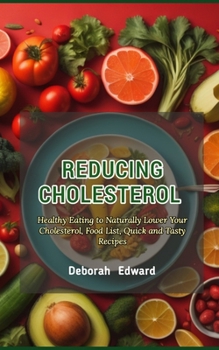Reducing Cholesterol: Healthy Eating to Naturally Lower Your Cholesterol, Food List, Quick and Tasty Recipes
In the first place, let's explore the concept of cholesterol. Cholesterol is a fatty, wax-like substance essential for constructing robust cells in our bodies. While it often receives negative attention, with excessive amounts posing risks, it is crucial to acknowledge that our bodies rely on cholesterol for proper functioning.
Cholesterol is not uniform; there are distinctions between low-density lipoprotein (LDL), commonly known as "bad cholesterol," which can contribute to the formation of arterial plaque, increasing the likelihood of conditions such as hardened arteries (atherosclerosis), heart disease, and vascular issues. Conversely, high-density lipoprotein (HDL), referred to as "good cholesterol," actively works to eliminate the harmful cholesterol from the bloodstream.
Elevated cholesterol levels typically indicate an imbalance, with an excess of LDL and insufficient HDL. Approximately one in three Americans is affected by high cholesterol levels. However, adopting certain lifestyle changes can contribute to reducing LDL levels and enhancing HDL levels, providing an opportunity for improved cardiovascular health.





